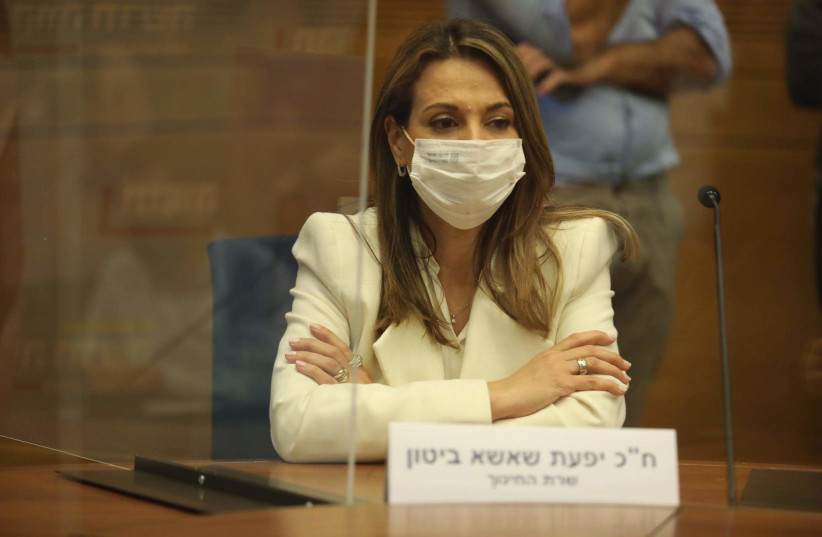Education Minister Yifat Shasha-Biton’s reform of the matriculation system for high-school history, literature, Tanach and social studies has caused controversy among teachers and the public.
The reform, which she announced on Monday, would replace the traditional bagrut (matriculation) exam system for those four subjects with one extensive research project.
The teachers for those classes will have to choose one of three teaching methods:
Variety
The first choice is a varied teaching method that will include frontal teaching, learning through instructional videos, online teaching and assignments, research assignments, independent learning and learning outside of the classroom.

Digital-based teaching
In this method, teaching will be done mainly through online courses that the Education Ministry will approve, and the teachers will be available to answer questions and guide the students through the courses.
Research
This method will be based on a plan and materials that the teachers will put together themselves. It will only be available to teachers who are specially trained for it by the Education Ministry.
Teachers will teach their 10th- and 11th-grade classes using one of these three methods, and students will write their final project in the middle or end of 11th grade.
Students will research a topic of their choice related to the four subjects. They will work in teams of two or three and be supported by the teachers of all four subjects throughout the process.
For Arab and Druze schools, the literature section will focus on Arabic, and the Tanach section will be replaced with Hebrew language.
The reform is set to begin in the next academic year for students in 10th grade.
“Today’s world is changing fast, and the teaching methods need to evolve in the matriculation system as well,” Shasha-Biton said. “Therefore, we are setting out on a journey with a revolutionary reform that will change the entire method in Israel and will eventually project onto all the ages in the whole education system.
“We are changing our ways to give students the chance to stop memorizing and begin taking an interest to strengthen the educational teams and allow them to teach in many varied ways and realize their vision.”
Some MKs criticized the intended reform.
“Yigal Alon was right when he said a people who does not know its past has a weak present and a murky future,” Religious Zionist Party MK Itamar Ben-Gvir said. “We must not cancel the matriculation exams in history and Tanach, and I call on the education minister to retract her intention to cancel these exams.”
Likud MK Keti Shitrit said: “The matriculation reform is dangerous and destructive. There’s a big difference between when students learn for the sake of learning and not for the exam. The bagrut system forces the students to learn and memorize.
“I am full of hope that this destructive and absurd reform does not actually happen because it would significantly harm the future generation who will be detached from all of our values, history and Jewish identity.”
Labor MK Naama Lazimi expressed cautious optimism about the reform.
“Canceling the matriculation exams may be a correct and positive move that will have a good pedagogical effect,” she said. “But this is only on the condition that the acceptance requirements to university and the ranking of schools change.
“The Education Ministry’s reform is a way to get rid of humanities in schools for students in the periphery and of low socioeconomic standing who have less access to enriching materials.”
